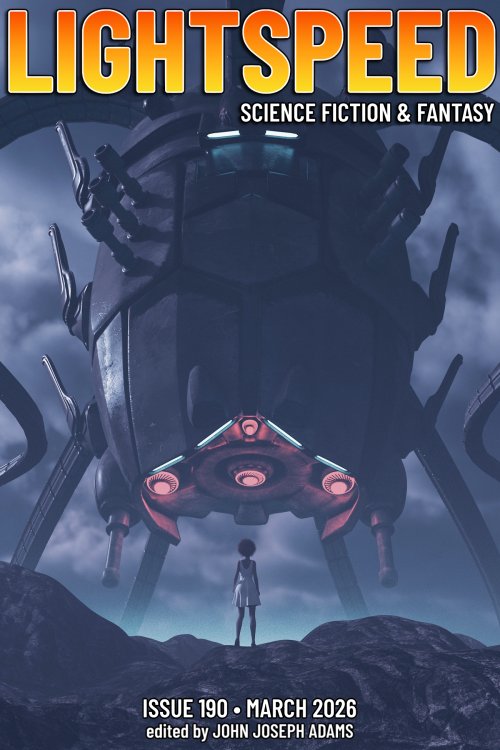Ours
Phillip B. Williams
Paperback / Hardcover / Ebook
ISBN: 9780593654828
Viking, February 2024, 592 pgs
 In the poet Phillip B. Williams’ debut fiction novel, Ours, readers are taken on a winding Black spiritual meditation that charts the history of a fictional town called Ours and its people, a group of freed Black enslaved people liberated from Arkansas’ plantations. Ours is protected by the conjuring of Saint, a woman without a memory and with a dream to create a haven for freed Blacks in Missouri during the 1830s.
In the poet Phillip B. Williams’ debut fiction novel, Ours, readers are taken on a winding Black spiritual meditation that charts the history of a fictional town called Ours and its people, a group of freed Black enslaved people liberated from Arkansas’ plantations. Ours is protected by the conjuring of Saint, a woman without a memory and with a dream to create a haven for freed Blacks in Missouri during the 1830s.
On the outside, Ours may seem like a utopia. A place protected from whites and only accessible by Black people. A self-contained community that has food, entertainment, and best of all—community governance. In Ours, the people protect the people.
Living within the secured borders of Ours is another story. You need permission from Saint to leave. If you displease her, you run the risk of getting cursed, like a few different characters. And while Saint helped burn down the plantations and kill the masters of the enslaved people, freeing them and bringing them to Ours, she doesn’t teach them freedom, but only gives them rules.
And while it may seem like Saint is at the heart of Ours’ story, she is not in any way the main character. All the people in Ours are. Some characters, like Justice, get lots of page time while others are only mentioned for a chapter or two. In this way, Williams’ skill as a poet shines through. He gives delicate attention to even the smallest of moments in a character’s life.
Over the course of the novel, readers are treated to four decades of Ours history, familial connections, and community storytelling and memory. At moments, Ours reads like a spoken word historical passed down from mouth to mouth. Other times, it feels like the personal diary of a small-town inhabitant trying to make sense of a life once stolen but now reclaimed. But it never feels like your run of the mill novel. At over 500 pages, Ours has big book energy with ideas and emotions to match. Don’t mistake Ours for a story about Black grief or pain. No, Williams’ novel is a vivid exploration of Black history, from the cruel to the extraordinary.
Enjoyed this article? Consider supporting us via one of the following methods:










